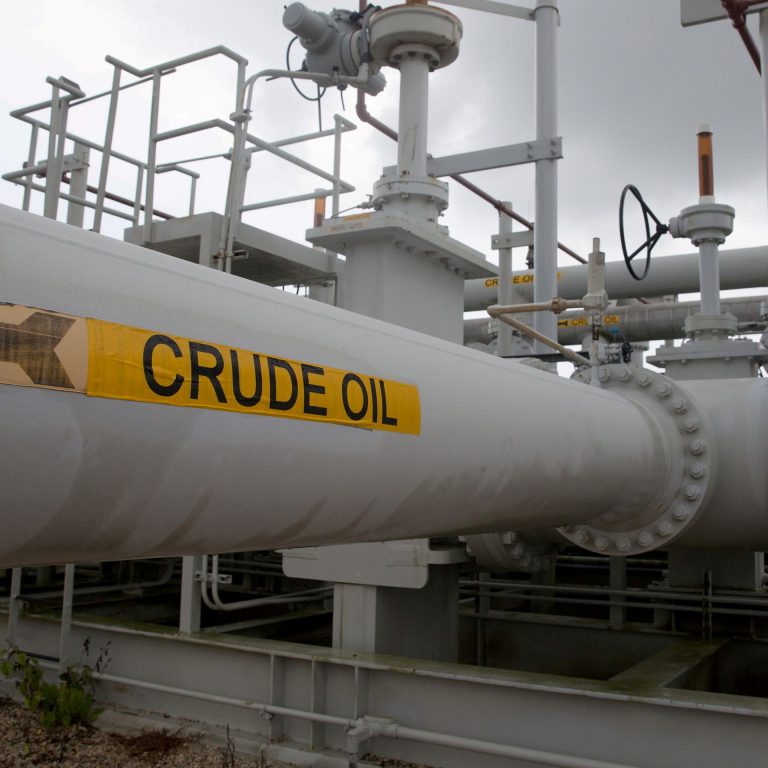
The Nigerian Upstream Petroleum Regulatory Commission (NUPRC) has attributed the high volume of oil losses to measurement inaccuracies not theft as it is widely believed.
Last year, Nigeria was said to have lost up to 80% of its oil production to theft, significantly depleting its oil-based revenue generation.
Speaking at the petroleum club quarterly dinner held in Lagos, Gbenga Komolafe, chief executive officer, NUPRC, was quoted in a statement saying that about 40% of the purported crude oil theft was losses emanating from measurement inaccuracies.
Tekedia Mini-MBA edition 16 (Feb 10 – May 3, 2025) opens registrations; register today for early bird discounts.
Tekedia AI in Business Masterclass opens registrations here.
Join Tekedia Capital Syndicate and invest in Africa’s finest startups here.
He said the NUPRC uncovered the truth following a forensic audit it conducted on the volume of stolen crude oil from January 2020 to November 2022.
Nigeria’s oil revenue generation dropped to nearly zero in the third quarter of 2022, triggering a national inquest into where most of the produced crude oil went. Komolafe said the Commission conducted the audit to ascertain, with accuracy, the stolen volume of crude oil between January 2020 and November 2022.
To forestall the losses, the NUPRC boss said that the Commission is committed to dealing with the issue of metering errors by ensuring that original equipment manufacturers (OEMs) are licensed directly. He added that agents of the Commission will be responsible for the deployment and maintenance of metering facilities across Nigeria’s oil and gas establishments, for transparency in hydrocarbon accounting, according to a statement.
“The reform measure adopted by the commission offers a paradigm shift from the trajectory in Nigeria’s hydrocarbon measurement since oil was discovered in Nigeria in Oloibiri in 1956 and is aimed at ensuring that no one becomes a judge in his own case,” he said.
“Admittedly, one major area of value erosion in the industry is the menace of crude oil theft. Our records indicate that the menace of oil theft has negatively impacted the oil and gas sector for about two decades with attendant huge financial losses to our nation.
“The commission, in collaboration with the various arms of the security forces, the NNPC Limited and the host communities, has been able to suppress the ugly trend of hydrocarbon value decimation. Now, our nation has continued to record good dividends of these collaborative efforts as production figures are progressively increasing.
“The January 2023 volume is approximately 1.5 million barrels per day of oil and condensates. It is expected that this number will continue to increase as further measures are introduced and sustained to remove all illegal connections that aid crude oil theft.”
Mele Kyari, the head of Nigerian National Petroleum Commission Limited (NNPCL) had in October last year, told a legislative committee that a 4-kilometer pipeline from the Forcados export terminal has been used to steal oil for nine years, resulting in the theft of hundreds of thousands of barrels of oil per day.
Kyari said as a result of the illegal pipelines, Nigeria was losing an alarming 600,000 barrels of oil every day, triple the figure initially estimated. The high volume of stolen crude oil contributed to Nigeria’s inability to meet its quota from the Organization of Petroleum Exporting Countries (OPEC), enabling the country’s failure to cash in on the oil windfall orchestrated by Russia-Ukraine conflict.



